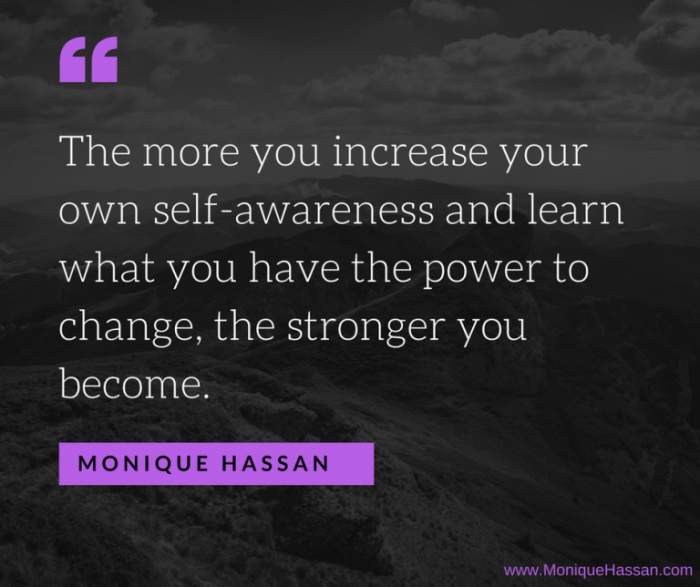We all have our days where we feel down or disappointed. An argument with a loved one or a bad score on a test can cause these.
Normal moments of sadness will pass and we recover within a reasonable amount of time. Depression will last much longer than sadness and it goes deeper. Depression will impact your behaviors, appetite, thought patterns and more. It causes you to have a distorted and negative perception of the world around you.
People suffering from depression often feel tired, physically as well as emotionally. This takes them away from people and they often isolate themselves, which only makes it feel worse and allows them to wallow in their pain. Depression can lead to self-harm and in the worst situations, suicide.
The Prophet (PBUH) said, “No fatigue, nor disease, nor sorrow, nor sadness, nor hurt, nor distress befalls a Muslim, even if it were the prick he receives from a thorn, but that Allah expiates some of his sins for that.
Depression and Muslims
We would like to think that Muslims don’t suffer from depression and other mental health concerns, but that is far from the truth. Muslim mental health professionals are seeing many cases of depression, anxiety and PTSD (post traumatic stress disorder).
This is not surprising when we take into consideration the impact of war, refugees, rising divorce rates and struggling with Islamophobia in western countries.
One study showcased that around 95% of American Imams report having to provide some sort of mental health counseling. Yet these Imams are not trained to do this properly, they do not understand crisis intervention and psychological concerns. This could result in disastrous outcomes depending on the advice they give.
Seeking Help for Depression
Some people within the ummah question whether Muslims should seek help from mental health professionals. This stigma against psychology exists in small pockets across all cultures and religions, but rest assured psychology is compatible with Islam.
If someone has a broken arm would you tell them they only needed to pray more or would you advise them to seek out medical help while also praying? Mental health is no different and depression can become fatal if not addressed appropriately.
In most cases, therapy alongside faith is not only an effective treatment but it serves double duty as a catalyst to improving one’s own self- awareness and lifestyle choices related to their deen.
Depression is a struggle for not just the individual that is depressed, but also their loved ones. It can be confusing for people that don’t understand and they may wonder if they somehow caused the mood swings or if depression is even real.
Education about the realities of depression will help the individual suffering and those around them. This is another reason why you should seek out a mental health professional; it is not just for yourself.

Depression Symptoms
Here are some symptoms which can be related to depression. If you feel like you have many of these, please reach out for help. Don’t hesitate to contact me if you would like.
Expressions of Depression
- Difficulty focusing and finishing tasks
- Changes in sleeping patterns
- Feeling like a failure, disappointment in self
- Hopelessness
- Thoughts of self-harm or suicide (contact someone immediately, especially if you have plans on how to do it)
- Substance abuse
- Frequent crying or lashing out in anger
- Changes in weight and appetite
- Changes in libido
- Personal hygiene issues
- Isolative behavior and avoiding social interactions
- Loss of desire in activities
- General unhappiness that lasts for a prolonged amount of time
It is not unusual to experience one or more of these symptoms at some point in your life. It is when those symptoms persist for an extended amount of time and start to disturb your quality of life that depression is taking hold.
Depression Exercise
This is not a replacement for seeking help, but it is an exercise that can help increase your self-awareness and enable you to make positive changes. Draw a circle and inside of that circle put your own name. Draw 6 circles around that one with a line connecting them to you.
In each of these circles you are going to write down a main word then write down things surrounding that main topic which negatively influence your emotions and thought patterns. If nothing is applicable for a certain category that is fine.
Make 6 circles for the following topics; life events, my personality, home environment, illnesses, genetics and faith.
Now look at what you created, what does this say about you and your situation. Yours may say perfectionist under my personality, which will give your life more anxiety and make it difficult to be happy. Perhaps it says rushed and chaotic under home environment, this lets you know that scheduling and time management can help you.
If it says death in the family under life events, of course this is out of your control, but you can work towards healing and letting go of that pain. It is not what happens to you that matters the most, it is how you react to it.
Some of the things you wrote down are out of your hands, but some of this you do have power over. The more you increase your own self-awareness and learn what you have the power to change, the stronger you become. Pick one circle you want to change and write down 3 goals associated with it.
Final Thoughts
Our faith is a source of strength and support through depression, but depression often needs professional help. That is not to say that treatment has to be separate from faith, absolutely not. Faith can be and should be combined with treatment in order to provide a more balanced and Islamic treatment plan.
Republished with kind permission. First published at the author’s blog.
